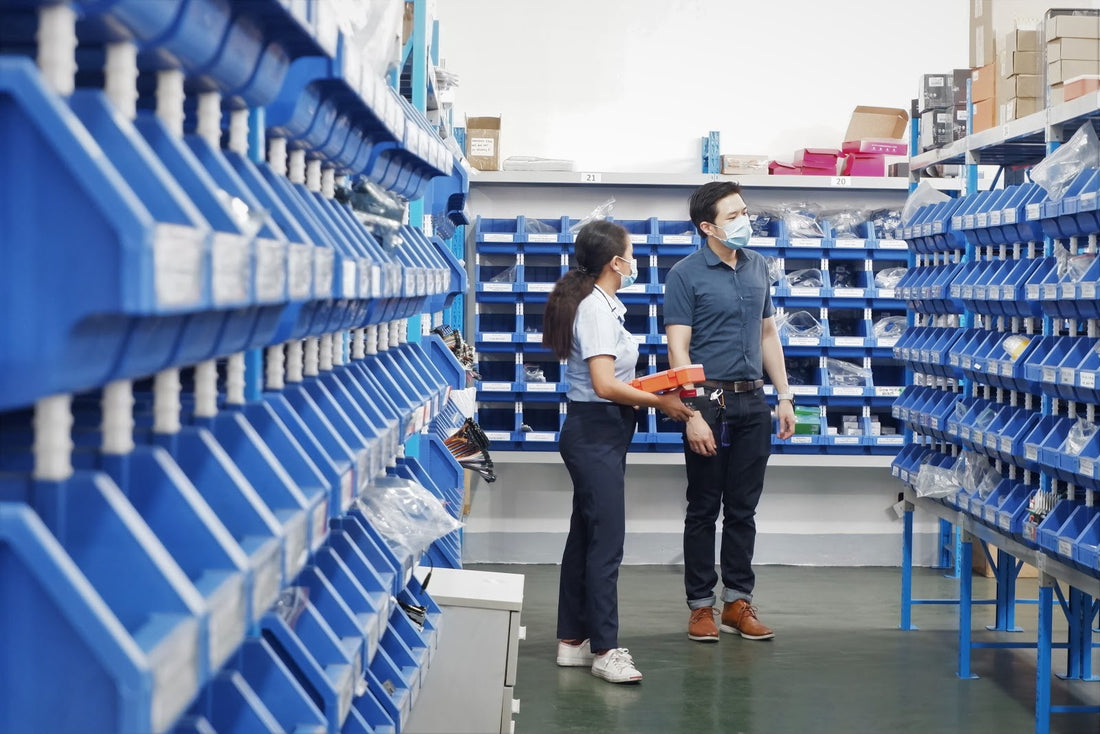
Despite the current economic situation that the current is dealing with, the spirit of resiliency is still a big factor whi businesses are still thriving even though we are facing the pandemic.
Filipino product developers have always been lauded for having "diskarte" and coming up with ingenious ways of problem solving, but through one Filipino startup’s effort, they no longer have to make do with limited resources as affordable 3D printers, electronics, and robotics components are now within their reach.
"Our goal is to fuel the Filipino product developers' innate passion and creativity, spawn a higher value-added consumer electronics industry and support the nation's aspiration to become a new Asian Tiger as we enjoy rapid economic development," said Mike Jassen Sy, founder of Makerlab Electronics.
Asian Tigers emerged in the Eighties and Nineties -- high-growth economies that owed their success to rapid industrialization led in turn by higher value-added manufacturing. They were exemplified by the high-tech and industrialized economies of South Korea and Taiwan -- which are leaders in manufacturing not only electronic components but also consumer electronics or devices.
"At present, the Philippines is still considered a Tiger Cub economy, but we believe that the development of a consumer electronics industry is one key to value creation, genuine industrialization and a higher quality of life for our citizens," Sy said.
Making do? There’s Makerlab
While having "diskarte" -- or a combination of resourcefulness, creativity, and ingenuity -- seems like a laudable trait, this had actually also stemmed from the lack of affordable and accessible materials for Filipino inventors in the past decades.
“Making do with limited resources could only take us so far -- fixing what’s broken, or coming up with something that’s puede na (sufficient). Experimentation was very costly since parts were scarce,” according to Sy
This drove Makerlab Electronics to enter the market in 2016, offering low-priced 3D printers, microcontrollers, breakout boards, electrical enclosures, liquid-crystal displays, Raspberry Pi computers, prototyping, relays, sensors, soldering, and wireless technology.
Towards higher-value added consumer electronics industries
At present, the local electronics industry specializes mostly on assembly, testing, packaging, and outbound distribution of goods, all of which are found at the bottom of the Smiling Curve.
But Filipino innovators, especially the younger generation, can play a critical role in reversing this trend and transitioning to higher value-added manufacturing if they are equipped with the resources to produce marketable goods that have high universal utility to humans, their homes, and their industries.
At the same time, they should also work on patenting their designs to protect their intellectual property rights in their quest to be more competitive globally.
"Who knows, eventually, these patented products and devices may create such global demand as to move their manufacturing to other countries where labor may be cheaper. Then we would have truly gone up the value chain," Sy said.
Your partner in your DIY journey
"As they go along their do-it-yourself (DIY) electronics journey, Filipino creators must rely on their own ‘diskarte’ still, with trial and error, troubleshooting on the spot with whatever resources they have," Sy said.
"There are no rules and limits to creativity. The strategy varies from one creator to another, with each one coming up with his own original approach and making the whole process unique," he added.
However, this may be time-consuming and inefficient, especially for those who are just starting out.
"We at Makerlab want them to know that they're not alone, regardless of their skill level," Sy said. "We offer easy-to-use starter kits for kids and beginners who are just learning how to write codes or assemble basic hardware, and we stay with them as they build their skills towards becoming expert creators building complex projects, up until they decide to be professionals and offer their creations for commercial use."
Makerlab's products, which are mostly imported overseas, are accessible even to small-scale builders who cannot afford to buy in bulk, as the company offers them on a retail basis.
Its kid-friendly "micro:bit" microcontroller costs only P999; the "Makerlab Upgraded Learning Kit compatible with Arduino," only P1,299.75; and the "Creality Ender-3 3D Printer” is only P8,499.
"3D Printing in the Philippines has been seeing rapid progress in the past few months, allowing its users to get the exact results that they want, bringing to life the aesthetics they have in mind,” Sy said.
He added: "Even when they were kids, Makerlab has been guiding them towards the right direction and we are happy to have become the go-to place for the needs of the Filipino creator community.”
Regardless of where the creator is, he can have them delivered at his doorstep with the click of a mouse as Makerlab products are available on e-commerce platforms such as Shopee and Lazada.
And in case of unexpected difficulties, the company can be relied on to provide good after-sales support.
"Filipino creators no longer have to settle for band-aid solutions because Makerlab is here to help them bring their ideas to fruition," Sy said.
"We look forward to the day when we see the proliferation of Filipino products, consumer electronic devices, including patented ones, enjoyed by people all over the world"
Published in Manila Bulletin
September 11, 2021


